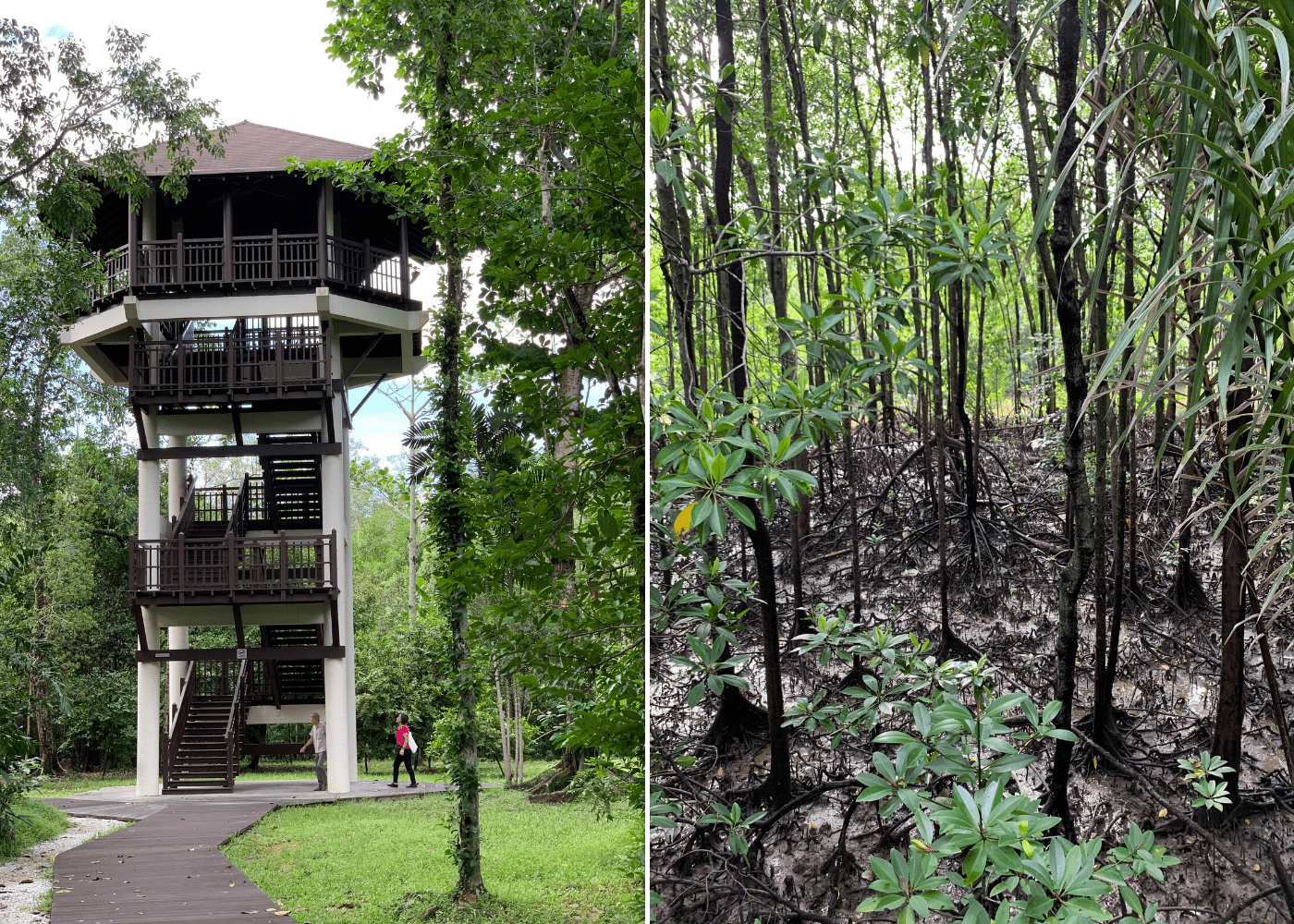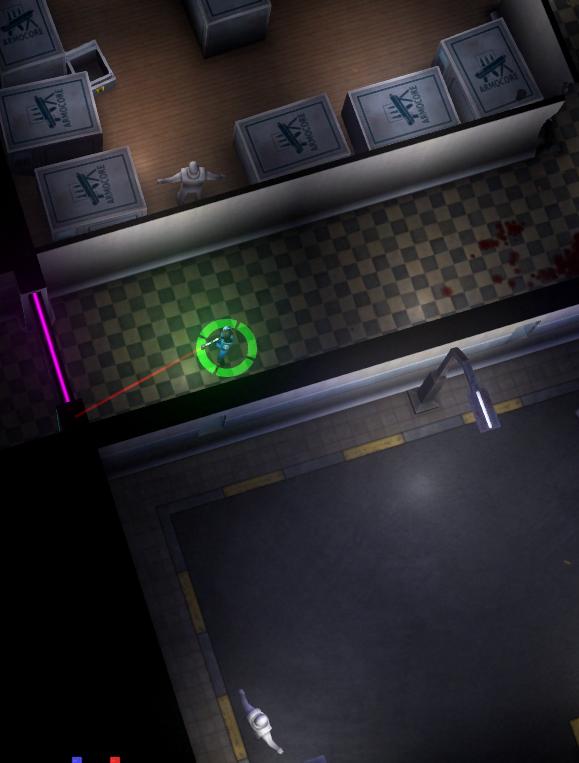
In addition to the felony case, Warren is one of nine volunteers with the organization to be hit with federal misdemeanor charges for their work on the Cabeza Prieta National Wildlife Refuge outside Ajo over the last year, including for leaving water in the desert, which the government describes as littering.Īt a pretrial hearing in October, Warren’s attorneys questioned whether his felony arrest might have had something to do with the publication of No More Deaths’ report on the Border Patrol’s destruction of water jugs and called for the release of various types of discovery to determine whether that was the case. No More Deaths has been at the center of a broader Trump administration crackdown on humanitarian aid work in southern Arizona.

Just hours before he was handcuffed, one of the groups Warren volunteers with, the faith-based organization known as No More Deaths, released a damning report and video evidence implicating the Border Patrol in the systematic destruction of thousands of jugs of water left for migrants crossing the desert. If convicted and sentenced to consecutive terms, he could face up to 20 years in prison.įrom the outset, the timing of Warren’s arrest raised questions in southern Arizona’s humanitarian aid community. Accused of providing the migrants with food, water, and a place to sleep over three days, Warren was indicted by a grand jury in February on two federal felony counts of harboring and one count of conspiracy. When Border Patrol agents descended on the property, they took all three men into custody. Also on the property that day were two undocumented men from Central America who had crossed the border three days earlier, having spent multiple days and freezing January nights in the desert. The then-35-year-old college instructor, with a Ph.D in geography, was at a property known as “the Barn,” which has long been used by humanitarian groups who scour the desert, leaving water jugs on migrant trails, providing medical aid to those in distress, and reporting the recovery of human remains. Warren was arrested on January 17, 2018, in Ajo, an unincorporated community located some 40 miles north of Mexico, in one of the Western Hemisphere’s deadliest stretches for migrants traveling on foot. Should the government succeed in prosecuting Warren, it would likely send a chilling message to those working to address the crisis of death and disappearance in the borderlands, where a minimum of 8,000 people have died crossing north over the last decade and a half.

With a trial scheduled for early 2019, Warren’s case comes at a time of soaring tensions over the Trump administration’s ongoing border crackdown. Attorney’s Office in Phoenix and Velasco’s office in Tucson declined to comment on the matter. Hours after the motion was filed Wednesday, a hearing before Collins was scheduled for early January to consider the motion, while another judge overseeing pretrial motions related to humanitarian volunteers in Arizona removed himself from the cases after defense attorneys raised similar concerns of improper communications.

“This court should withdraw the referral of pretrial matters in this case to the magistrate judge,” the lawyers wrote, urging Velasco’s boss, District Judge Raner Collins, to take over all pretrial matters going forward.

Knight, argued that the communications amounted to “improper influence by the government” and said that with the judge having accepted that secretly delivered influence, Velasco “can no longer issue rulings in this case with the appearance of the strict impartiality demanded of our judicial system.”


 0 kommentar(er)
0 kommentar(er)
